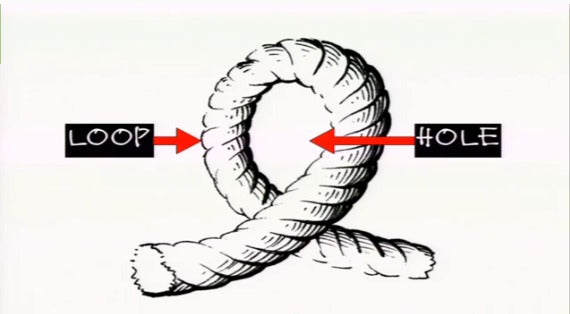
The GRAS Loophole Is Closing: What It Means for Food Safety and Your Health
BALA BITES: WHY CLOSING THE GRAS LOOPHOLE IS A WIN
For decades, food companies have been playing by their own rules. Self-certifying new additives without independent oversight and slipping them into the food supply without FDA review or public knowledge.
And the FDA has been OK with that.

It's allowed through the self-affirmed Generally Recognized as Safe (GRAS) pathway. The GRAS pathway is a legal loophole that has allowed 10,000+ chemicals to be introduced into the US food system, many of which have never been rigorously tested for long-term safety.
It's how titanium dioxide and potassium bromate are still legal in the US but banned in Europe.
Titanium Dioxide damages DNA and the immune system. It acts as a whitener and anti-caking agent for thousands of food items including ice cream, pizza, salad dressings, and frozen dairy products.
Meanwhile, Potassium Bromate has been classified as “possibly carcinogenic to humans” and is typically found in baked goods.
Not encouraging at all, right?
Hopefully, that's about to change.
On March 10, 2025, HHS Secretary Robert F. Kennedy Jr. directed the FDA to eliminate the self-affirmed GRAS loophole.
This is a move that could completely reshape how food additives are approved and monitored in the U.S.
WHY THIS CHANGE IS SO IMPORTANT
Under the current system, corporations decide whether their own ingredients are safe. Not regulators.
Regardless of where you fall on the regulation's role in a market economy, this market structure has allowed artificial sweeteners, emulsifiers and preservatives to end up in a ton of processed snacks and have even reached “healthy” foods.
Worse off, those additives are linked to gut dysbiosis, metabolic dysfunction and neurological issues.
Let’s be honest. Food companies have prioritized their profits over Americans’ health and we have the receipts to prove it (ingredients banned in other developed nations but not in the US, highest per capita health spending but terrible health outcomes, etc).
Just look at the recent American Heart Association's lobbying in TX to fight a bill that would stop food stamps from covering candy and soda. It's a bill that can reduce heart disease so why are they fighting it?
One thesis (and likely reason why) is to look at the AHA's major funding partners. A few names seem familiar like Kellogg and Pepsi.
It is time for the burden of proof around food safety to fall to the regulators and not the corporations that make money off feeding Americans these chemicals.
If RFK Jr. succeeds in eliminating the GRAS pathway, this is what it would mean:
- More transparency: Companies won’t be able to greenlight their own ingredients behind closed doors
- Real FDA oversight: Independent safety review will be required before new additives hit the market
- A safer food system: Ingredients will need to meet actual safety standards, not just corporate claims
BATTLE ROYALE: INDUSTRY VS. CONSUMERS
Not everyone is celebrating.
The food industry is pushing back hard, arguing that innovation and approvals will slow down. They believe that without self-certification, new functional ingredients (like preservatives and flavor enhancers) may take longer to enter the market. And in this case the consumer suffers.
They also argue that regulatory costs will increase. Stricter safety requirements mean higher compliance costs for food companies.
The problem for Big Food is the consumer health experts aren’t buying their logic.
Food companies have never had to prove long-term safety before and a little extra scrutiny is a small price to pay for preventing major health risks.
Experts like Dr. Mark Hyman and Dr. Casey Means call this move long overdue. They point to decades of unchecked additives that have flooded the food supply with zero independent review.
THE BOTTOM LINE
If this policy goes through, it will be one of the biggest food regulation shifts in decades. It will finally make ingredient safety a requirement, not an assumption.
For consumers, that's great news.
For food companies, it’s time to step up to higher standards.
And for all of us?
Maybe—just maybe—this is the start of a food system that actually puts health first.
KEY TAKEAWAYS
- The FDA’s move to close the GRAS loophole marks a major shift in how food additive regulation is handled in the U.S.
- For decades, the self-affirmed GRAS process allowed companies to bypass FDA food safety reform and introduce additives without public scrutiny
- This change brings long-overdue ingredient transparency and holds the food industry accountable for what ends up on our plates
FURTHER READING
Changes at the HHS. What to expect in this new era of transparency and reform
Intrigued by personalized nutrition? Begin with the Symptom Solver Quiz